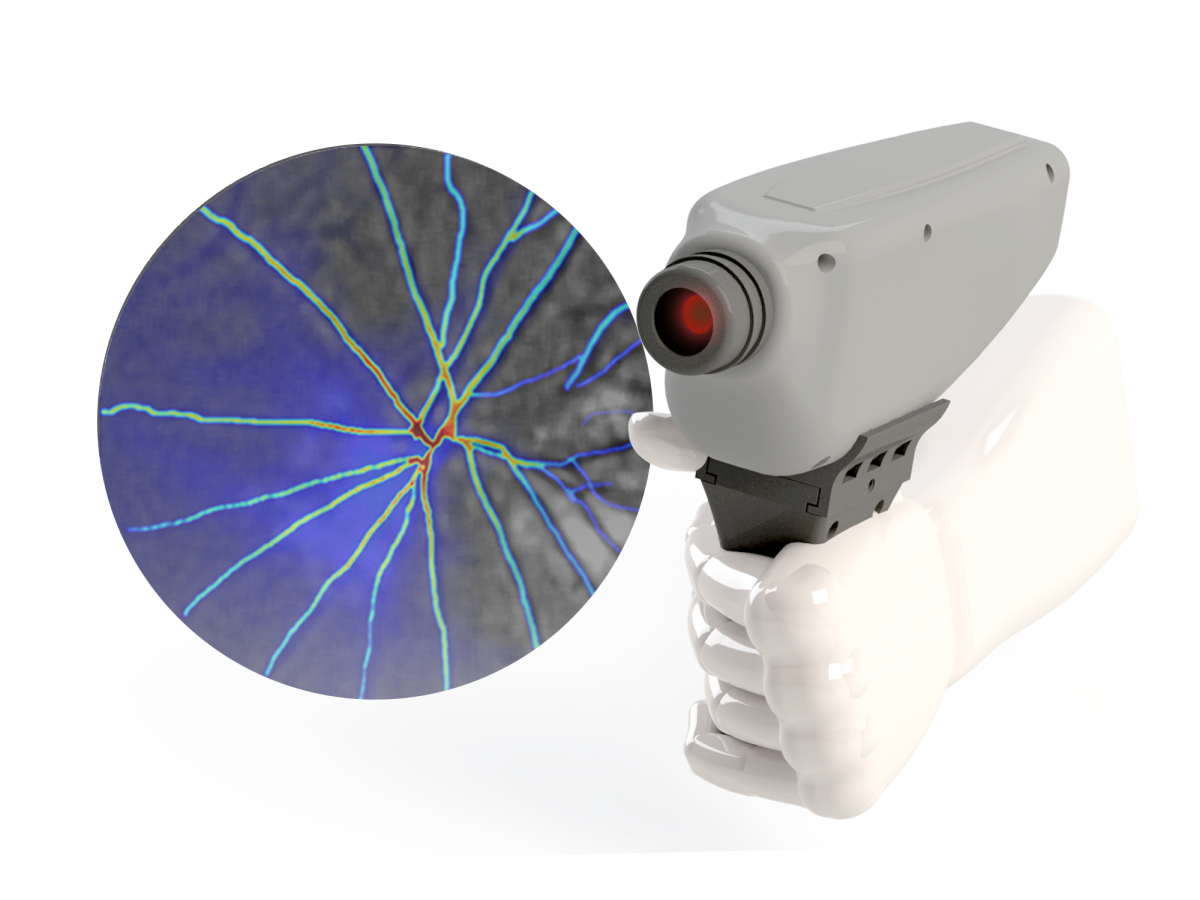Universities are the secret weapon of national startup hubs like Silicon Valley and Boston. And over the last few years Baltimore has done its best to follow suit.
Consider spaces like Johns Hopkins’ FastForward incubator, the University of Maryland BioPark and IMET’s Harbor Launch incubator, and even accelerator programs like Dreamit Health Baltimore. These are all spaces where research takes the leap into commerce.
Because that’s the big challenge: The research is here, but bringing those discoveries out of the lab and into the commercial sector is difficult.
Of course, plenty of research-driven startups have made it work — perhaps because of the infrastructural investment local institutions have made in recent years.
Here’s a list of companies that were hatched in Baltimore, and stayed:
Accelevir Diagnostics
- A FastForward East-based company commercializing Johns Hopkins technology to develop a test for HIV.
AgeneBio
- An ETC Eastern-based company developing therapeutics to treat patients with diseases affecting the brain. The technology grew out of Johns Hopkins research.
AirPhoton
- A bwtech@UMBC-based company founded by UMBC professors that met at the Goddard Space Flight Center. The company makes aerosol sampling stations.
Analytical Informatics
- A UMB company building an app marketplace for healthcare.
Ascelpix Therapeutics
- A FastForward-based company commercializing biologics and drug development technology that was developed at the Johns Hopkins School of Medicine.
Aurora Analytics
- A bwtech@UMBC-based company that was founded by UMBC professors and focuses on chemistry innovation.
Baton
- A Dreamit Health Baltimore alum developing a platform for collaboration and handoffs between medical care teams that was developed at Johns Hopkins University.

Baton’s Zack Goldberg pitches at Dreamit Health Baltimore Demo Day 2015. (Photo by Stephen Babcock)
Biomecite
- A Glen Burnie-based company developing a platform based on the microbiome signature that was developed by a pair of UMB researchers.
Breethe
- A BioPark-based company commercializing an “out-of-hospital” artificial lung development.
CardioSolv
- A Remington-based startup commercializing Johns Hopkins-developed technology for the treatment of Ventricular Tachycardia Ablation.
CoolStride
- A Johns Hopkins startup developing a clothing liner to help cool prosthetic devices from sweat and heat.
Clear Guide Medical
- A Woodberry-based startup developing biopsy imaging technology licensed from Johns Hopkins.
emocha mobile health
- A Johns Hopkins spinout that develops public-health mobile apps to help manage diseases such as tuberculosis and Ebola.
Gemstone Biotherapeutics
- A Federal Hill-based company creating a treatment to heal wounds based on technology licensed from Johns Hopkins University.

Gemstone’s Matthew Davenport and Laura Dickinson.
Glyscend
- A FastForward East-based company commercializing a JHU-developed non-invasive treatment for Type 2 Diabetes.
Harpoon Medical
- A BioPark-based startup commercializing a UM School of Medicine device that would shorten the time and invasiveness of open heart surgery.
Longeviti
- This Baltimore-based company licensed technology from Johns Hopkins to develop software that assists in craniofacial surgery.
Lyse-it
- A UMBC startup developing a new lysing technology for bacteria, bugs and algae.
Manta Biofuel
- An IMET-based startup working on the process to extract oil from algae, which was invented at UMCES by CEO Ryan Powell.
Octava
- An app that delivers info to orchestral concertgoers, developed by UMBC professors.
Papgene
- The FastForward-based startup is developing a test for early-stage ovarian cancer, licensed from technology developed at Johns Hopkins’ Kimmel Cancer Center.
Pataigin
- A startup developing a “barcode” for infectious diseases that began with work in UMB labs.
Personal Genome Diagnostics
- A Canton-based company founded by Johns Hopkins cancer researchers that is developing genome analysis for cancer patients.
ReadAhead
- A Johns Hopkins spinout developing an app that helps music students learn how to sight read. The app was created by a pair of Peabody Institute professors.

Ken Johansen and Travis Hardaway display their app, ReadAhead. (Photo courtesy of Johns Hopkins)
Revolve Biotechnologies
- A FastForward-based company that licensed JHU technology to engineer new proteins and DNA variants.
respeq
- A Johns Hopkins spinout developing a mobile sensor and app system to manage asthma and COPD.
SilcsBio
- A Spark Baltimore-based startup commercializing UMB-developed technology that brings software into the drug discovery process.
Sonavex
- A Johns Hopkins spinout developing technology that helps doctors catch blood clots faster after patients have reconstructive surgery. The company is based at Johns Hopkins’ FastForward incubator.
Tarsier Optics
- A Spark Baltimore-based startup that licensed UMBC technology to develop a high-resolution camera system for surveying and surveillance.
VakSea
- A Spark Baltimore-based company developing a vaccine to protect fish against Viral Nervous Necrosis. The technology was developed at UMBC.
Vasoptic Medical
- A Locust Point-based startup developing a device that would allow patients to be tested by primary care doctors instead of eye specialists.

A mock-up of Vasoptic’s device and pre-clinical imaging. (Courtesy image)
Who did we miss? Let us know in the comments.

Technical.ly's Editorial Calendar explores a different topic each month. The September 2016 topic is tech transfer. See tech transfer coverage from all five of our East Coast markets here.
Before you go...
Please consider supporting Technical.ly to keep our independent journalism strong. Unlike most business-focused media outlets, we don’t have a paywall. Instead, we count on your personal and organizational support.
3 ways to support our work:- Contribute to the Journalism Fund. Charitable giving ensures our information remains free and accessible for residents to discover workforce programs and entrepreneurship pathways. This includes philanthropic grants and individual tax-deductible donations from readers like you.
- Use our Preferred Partners. Our directory of vetted providers offers high-quality recommendations for services our readers need, and each referral supports our journalism.
- Use our services. If you need entrepreneurs and tech leaders to buy your services, are seeking technologists to hire or want more professionals to know about your ecosystem, Technical.ly has the biggest and most engaged audience in the mid-Atlantic. We help companies tell their stories and answer big questions to meet and serve our community.
Join our growing Slack community
Join 5,000 tech professionals and entrepreneurs in our community Slack today!

The person charged in the UnitedHealthcare CEO shooting had a ton of tech connections

From rejection to innovation: How I built a tool to beat AI hiring algorithms at their own game

Where are the country’s most vibrant tech and startup communities?



